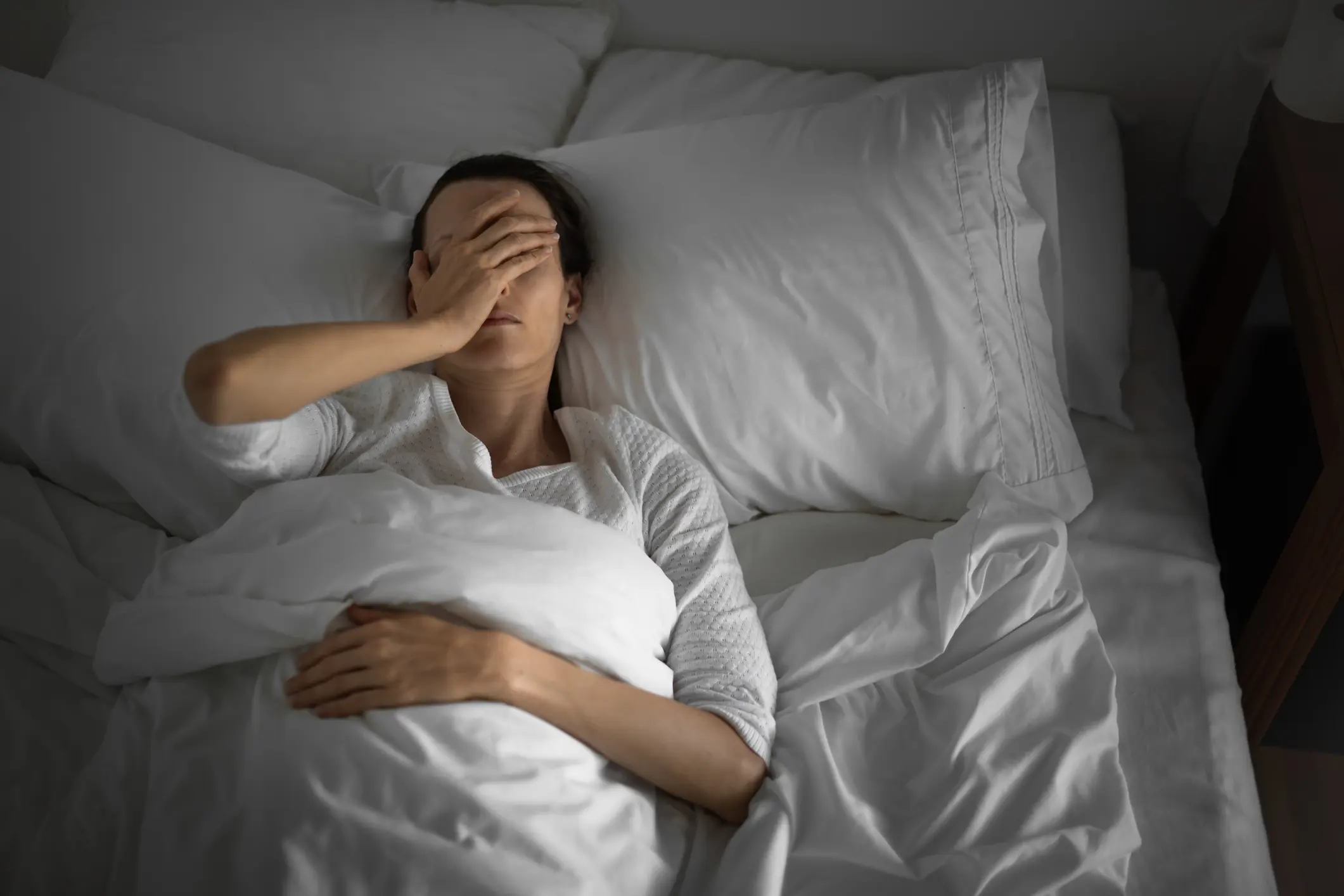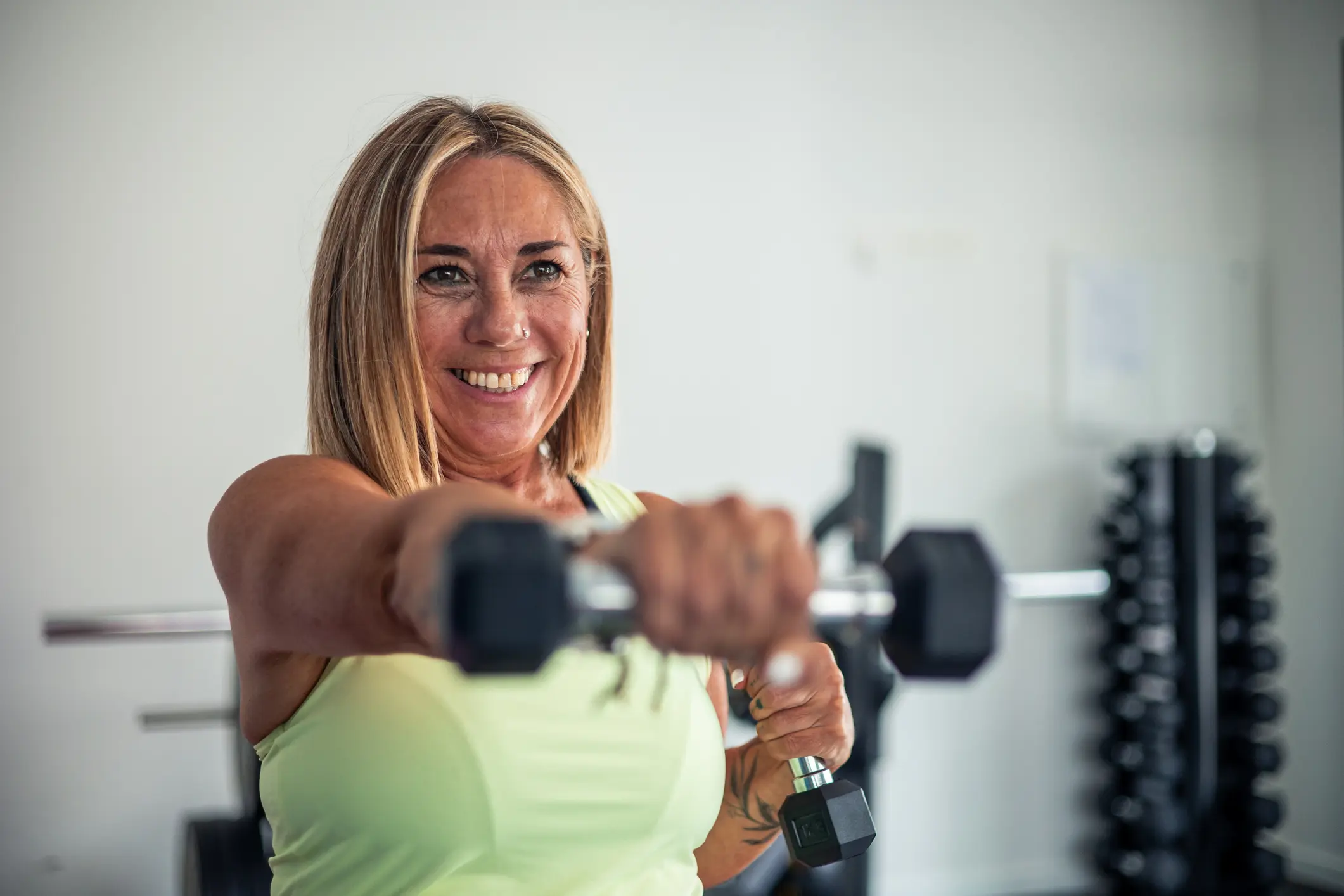
Published on Jun 30, 2021
Last modified on Jun 30, 2021
Our top 3 tips for talking to your teens about menopause
4 minute read

Menopause can be tricky enough, as is. Add in a hormonal teenager or two and things can get a little…heated.
When we read The New York Times article “When Your Home Is a Hormonal Hellscape” covering the trials and tribulations of perimenopause and puberty at home, we gave a resounding AMEN. Salty comments? Check. Unexplained acne? For sure. Moodiness & tantrums? We can relate!
Having a strong support system during puberty and menopause can vastly alter the experience. So rather than letting our emotions get the better of us, the Elektra team got inspired to round up our top 3 tips to handle these 🔥 conversations.
Elektra’s top 3 tips for talking to your hormonal kids about menopause:
1. Find common ground.
While the age on your driver’s license is different, there are more than a few similarities between what you and your teen monsters – we mean children – are experiencing: acne, weight gain, hair growth, sweating, mood shifts…the list goes on and on!
When talking to your kids, try starting with the science of what’s going on with your bodies hormonally (if you need a refresher on your body’s top 3 reproductive hormones, check out our Perimenopause Guide). Knowing the biology and focusing on the fact that “this too shall pass” can make the experience feel a little less personal.
Bonus points: Come to the conversation with a list of your symptoms and experiences. Will your kid be embarrassed? For sure. But, as Brené Brown once said, “When you shut down vulnerability, you shut down opportunity.”
2. Don’t forget the boys.
Think back to your sex-ed class. Were boys present for the tampon demonstration? Probably not. Let’s face the facts: menopause and periods are not “just a women’s issue.” Men and boys need to be educated on menopause. Don’t know how to get started? Here’s a guide we put together to get the ball rolling.
3. Own your menopause experience.
Depending on where you are in your hormonal journey, this may feel less like a tip and more like an insurmountable feat. We get it: when you are feeling uncomfortable in your own body, the last thing you want to do is proudly shout it from the rooftops.
But think about it this way: would you want your kids to suffer silently through puberty? To ignore the changes in their bodies? To hide their tampons or pads in shame?
We’re guessing the answer is no. So why should you have to suffer in silence?
By accepting and owning your reality, and confidently talking about menopause (not just in hushed tones!), you can foster a more supportive environment. A space for your kids to learn that there is no shame in the changes their bodies go through, during puberty, and beyond.
Have a story about navigating your own hormonal hellscape at home? Email [email protected] with your stories and tips for navigating this phase!
WHAT ELSE WE’RE READING
A fantastic Queer/LGBTQIA+ organization in the UK committed to promoting inclusivity in menopause care.
“Your boobs grow!” Salma Hayek continues to smash the menopause taboo in an interview with Jada Pinkett Smith.
Why is there a stigma around menopause? A research professor takes a closer look at the cultural and medical evolution of how we think about menopause.
“I am myself. I just want to feel more like me”: a poignant and insightful account from a transgender man on his 10-year hormone therapy journey.
HEALTHY OBSESSIONS*

Zero sugar, low calorie wine made by women who want to wine out and still feel great the next day. Perfect for any upcoming Fourth of July needs 🎆

A radical YouTube channel, run by a kickass mother/daughter duo, featuring interviews with stylish, unique, bold, and beautiful individuals.
* We’re not paid to feature these products. We just like them and think you may like them too.
KEEP CALM AND ELEKTRA ON



